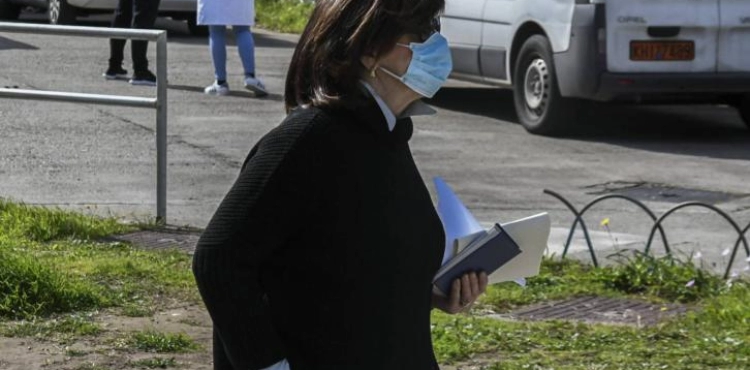Greek Prime Minister Kyriakos Mitsotakis announced on Tuesday that the country will start gradually increasing closures on May 4, starting with small shops and hairdressing and beauty salons.
"Just as we were able to contain the first wave of the virus, we are now ready to move to the second stage (via) a gradual curtailment of the closure procedures," Mitsotakis said in a televised speech.
He added that, starting on Monday, May 4, "restrictions on the movement of citizens" will be abolished, and some shops and departments will be reopened.
But Mitsotakis warned that "the crisis continues and is not over."
"It is possible to get out of our homes, but we must take responsibility," he said, recalling that "the health of the Greeks is a priority for him."
Greece imposed a total closure on 23 March to contain the outbreak of the new Coruna virus, but isolation measures have led to economic paralysis in the country that has so far recorded 136 deaths with Covid-19, while 43 of those infected with the official total number 2534 are in care units. Concentrated.
The authorities will allow about ten percent of closed companies to return to work starting May 4, especially libraries, barbershops, decorations, electronic and sports facilities, and nurseries.
The assistant minister in charge of coordinating government work, Akis Skritsos, said that putting up masks would be mandatory in joint transportation, hospitals, barbershops and hairdressers.
Restrictions on outdoor and sea sports will be lifted, but private beaches will remain closed for the time being.
On May 11, restrictions on the remaining stores will be lifted, with the exception of the commercial centers that will resume operations on June 1.
Also on May 11, high-school students will return to class. Next week, teaching will resume in the supplementary and secondary classes. As for the nurseries and primary classes, they will remain closed for the time being.
Easter services will be allowed on May 17 in churches that have remained closed even during Orthodox Easter.
On June 1, restaurants and hotels will reopen to try to save the tourist season.
Fearing the repercussions of the epidemic on its residents and due to the weakness of its health system due to a ten-year financial crisis, Greece, which records the aging population of its European partners, preceded the restrictions, making it less affected by Covid-19 than its neighbors.












